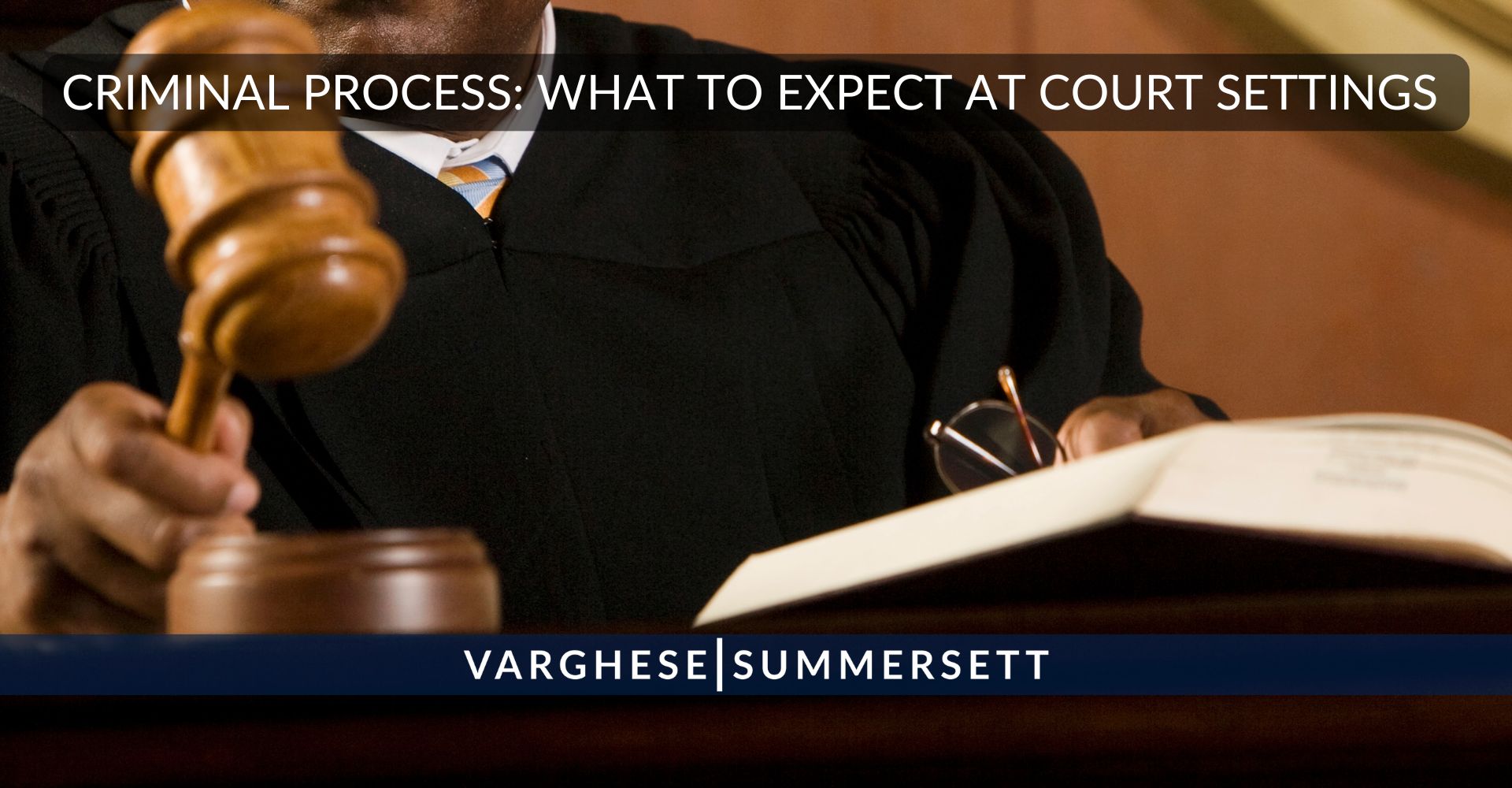Understanding The Criminal Court Process In Dallas

You’re standing at the edge of a legal world that often feels overwhelming. In Dallas, the criminal court process can seem like a confusing maze. You’re not alone. Many feel anxious navigating this path. But understanding each step can ease your journey and empower you to face the system with confidence. This blog is your guide. You’ll learn about key stages like arraignment, hearings, and trials. You’ll know what to expect and how to prepare. By the time you’re done, you’ll have a clearer picture of what’s ahead. You don’t have to be an expert. You just need to be informed. If questions arise, resources like gallianfirm.com can provide further help. Remember, knowledge is strength. You’re taking an important step towards understanding your rights and responsibilities in the criminal court process. This way, you won’t just navigate the system. You’ll master it.
Contents
The Arraignment
The first stop on this journey is the arraignment. This is where you hear the charges against you. The judge asks if you understand these charges and how you plead. Your options are guilty, not guilty, or no contest. Choosing the right plea is crucial. A “not guilty” plea typically leads to further court proceedings where you can defend yourself. This moment sets the tone for what follows. Understanding this can help you to prepare and reduce stress in a daunting situation.
Pre-Trial Hearings
Next come pre-trial hearings. These sessions are essential for both sides to present motions. Motions are requests to the court to make specific rulings. Common motions include requests to dismiss certain evidence. These hearings are opportunities to refine the case. You learn more about the evidence and strategies involved. This stage serves as a foundation for what happens next, ensuring clarity and preparedness for trial.
The Trial
The trial is the main event. It unfolds in several parts. First, selection of the jury if applicable. Then, each side presents opening statements. They introduce their case. The prosecution goes first, offering evidence and calling witnesses. Afterward, the defense presents its side. Cross-examinations challenge the opposing side’s evidence. Finally, closing arguments wrap up the proceedings.
| Trial Stage | Description |
|---|---|
| Jury Selection | Chooses impartial members to assess the case. |
| Opening Statements | Introduce the case and overview main arguments. |
| Prosecution’s Case | Prosecution presents evidence and witnesses. |
| Defense’s Case | Defense offers evidence and counters claims. |
| Closing Arguments | Summarizes evidence and appeals to the jury. |
The Verdict
Once both sides have presented their cases, the jury deliberates. In a bench trial, the judge makes the decision. The verdict is crucial. It decides guilt or innocence. It’s a moment filled with anticipation and relief. Understanding how decisions are made helps you accept the outcome, whatever it may be. It’s about grasping the process and its impact on your life.
Sentencing
If found guilty, sentencing follows. This step determines the consequences. The judge considers multiple factors. These include the crime’s severity and your criminal history. Sentencing can involve fines, probation, or imprisonment. Each option has specific implications. Knowing these can prepare you for future steps.
Your Rights and Responsibilities
Throughout this process, you have rights. These include the right to remain silent and the right to an attorney. Exercising these rights protects you. Understanding responsibilities is equally important. Being prompt, respectful, and prepared reflects well during proceedings. This balance of rights and adherence to duties is crucial for navigating the court process effectively.
For more information on your rights, you can refer to the U.S. Courts resources. Additionally, the Texas Legal Aid website provides further guidance specific to Texas laws.
Conclusion
The criminal court process in Dallas may seem complex, but knowledge is your ally. By understanding each stage from arraignment to sentencing, you empower yourself. This journey involves challenges, but with the right information, you’re equipped to handle them. Remember, you’re not alone in this process. Utilize available resources, ask questions, and seek support when needed. You have the strength to navigate and master the legal system.



